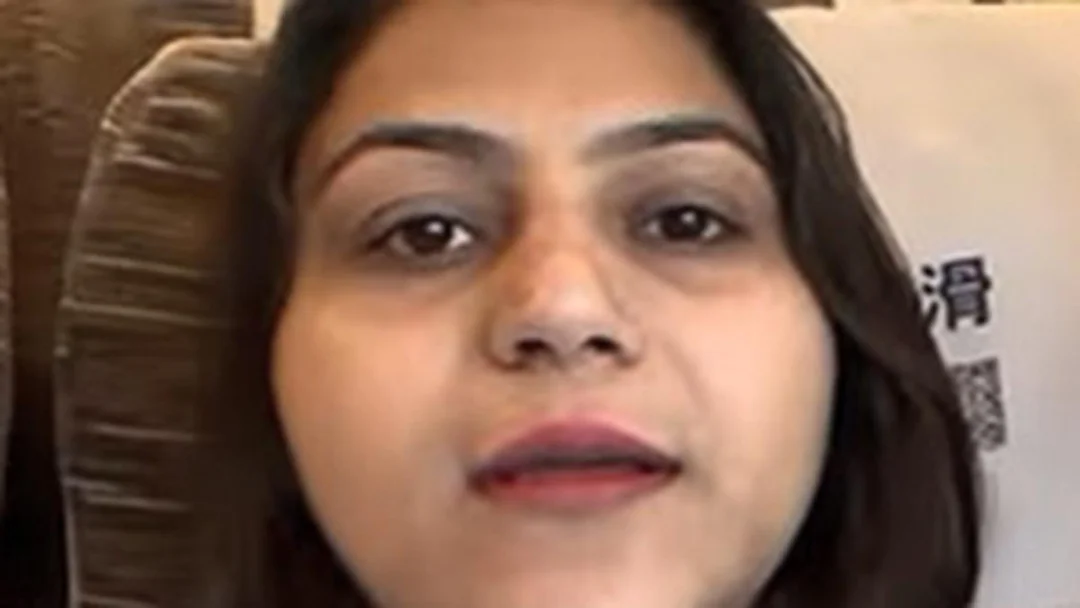
Indian YouTuber Arrested on Suspicion of Spying for Pakistan: A Growing Concern
The arrest of Indian YouTuber, Jyoti Malhotra, on suspicion of spying for Pakistan has sent shockwaves through the internet and security communities. This case highlights the potential for social media influencers to be targeted and manipulated for espionage purposes, raising serious questions about online security and geopolitical tensions. Is this an isolated incident, or a sign of a larger trend? Let’s delve into the details.
Jyoti Malhotra, a travel influencer with a significant online presence, is accused of sharing sensitive information with Pakistani intelligence operatives. Police in Haryana allege that Malhotra was in contact with a Pakistan High Commission official, leading to her arrest and subsequent investigation. Her father denies the allegations, stating that she visited Pakistan with proper permissions.

The suspicion arose due to her frequent travels, including visits to Pakistan, Bangladesh, China, Thailand, United Arab Emirates, and Indonesia. Authorities question how she financed these trips, claiming her known income does not suffice. Furthermore, her alleged contact with Pakistani intelligence operatives has deepened the investigation.
According to Times of India, security agencies say Malhotra was in contact with her handlers even during recent periods of heightened tension, including when “blackouts were being imposed across north India.” Sources suggest she met with a staffer of the Pakistan High Commission in Delhi, raising concerns about the timing and nature of their interactions.
Security agencies are increasingly concerned about the exploitation of social media influencers for espionage, especially with the rise in digital warfare. As Hisar SP Shashank Sawan stated, "In modern warfare, the enemy tries to set a positive narrative in its favour. The involvement of Malhotra suggests she helped them in setting narratives. This is how influencers and YouTubers are being roped in."
Malhotra's case is not an isolated one. Authorities have arrested at least nine individuals across three states on similar charges. This includes students, businessmen, and security guards, indicating a diverse range of individuals being targeted. The arrests are significant, especially following recent military tensions and the Pahalgam terror attack.
These arrests underscore the need for heightened vigilance and cybersecurity awareness, particularly among those with a significant online presence. The case of Jyoti Malhotra serves as a stark reminder that even seemingly innocuous online activities can have serious geopolitical implications.
What do you think about the potential for social media influencers to be manipulated for espionage? Share your thoughts and opinions in the comments below.